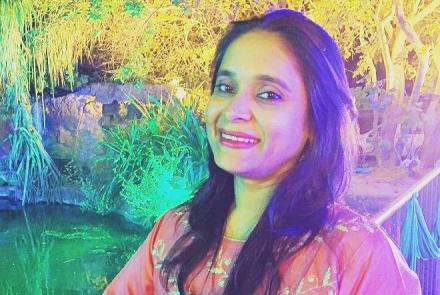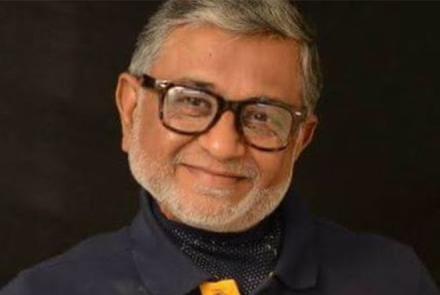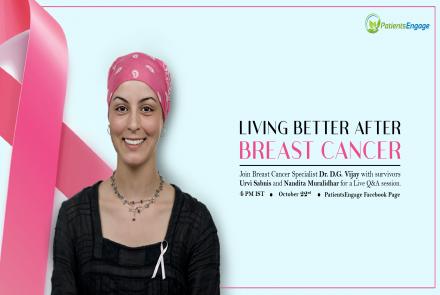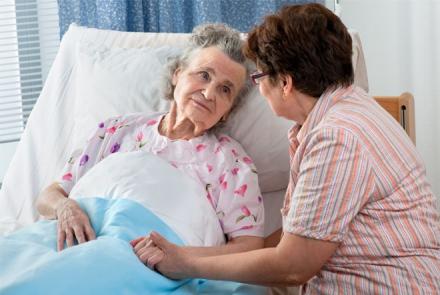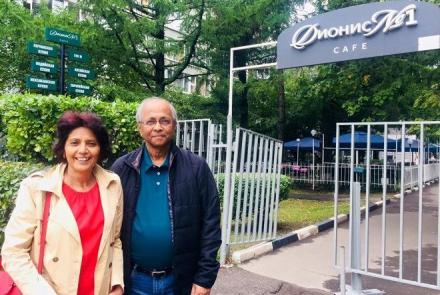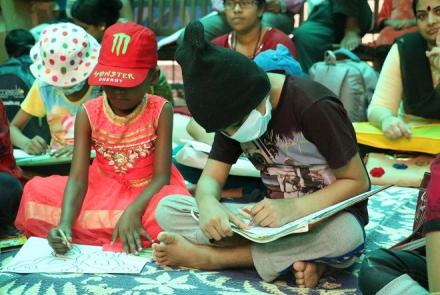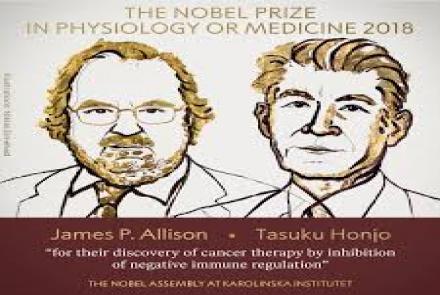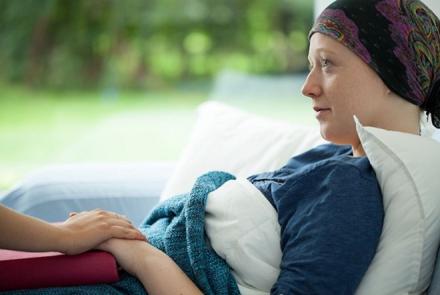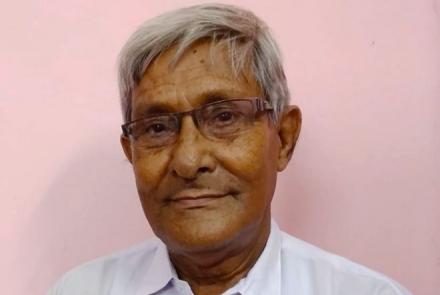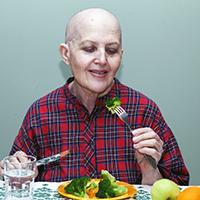
Nearly two thirds of patients with cancer will undergo radiation therapy as part of their treatment plan. There are a variety of common side effects associated with radiation therapy. Read about prevention and management of radiation side effects excerpted from a booklet of Cancer Patients Aid Association (CPAA).
Radiation Treatment
Radiation therapy is an extremely important treatment option in the management of cancer. In the last two decades spectacular progress in technology has led to better radiotherapy with fewer side effects. Radiation therapy uses high-energy radiation to shrink tumours and destroy cancer cells by damaging their DNA. X-rays, gamma rays and charged particles are types of radiation used in cancer treatment.
A patient may receive radiation therapy before, during, or after surgery. Some patients may receive radiation therapy alone, without surgery or other treatments, some may receive radiation therapy and chemotherapy at the same time. The timing of radiation therapy depends on the type of cancer and the goal of treatment (cure or palliation).
More on Radiation Therapy
Managing and Coping with Side Effects
Most patients are quite pleased to find they have no side effects or that they are much milder than what they had anticipated. Radiation therapy will not cause side effects in areas other than the area being treated. Blood tests may be requested at regular intervals to ensure no blood count abnormalities develop.
Both chemotherapy and radiation can cause a variety of side effects including nausea, vomiting, fever, infection and fatigue. While these side effects are often simply unpleasant, others can pose significant risks to your health and healing process. However, it is important to remember that the side effects go away once the treatment is over.
Fever and Infection
One of the most common side effects of radiation is infection. Common signs of infection are swelling, redness, pain or sustained fever. High fever can itself be indicative of infection, so it is important to deal, monitor and treat it at the earliest.
Skin Irritation
One of the most common side effects of radiation therapy is skin irritation. At the sight of treatment the skin reaction can range from mild redness and dryness (similar to sunburn) to severe peeling of the skin in rare cases.Always let your nurse or doctor know if there is a problem. There are effective topical medications available for radiation induced skin irritation. It is important to maintain good hygiene at the irradiated site by washing with a mild soap. Dab with a soft towel, and do not rub the area.
Hair Loss
Hair loss may occur in the treatment field. Loss of scalp hair occurs only if radiation is directed to the head. The hair generally grows back following completion of the treatment; however, this is dependent on the dose.
Tiredness or Fatigue
There are a number of factors that can cause fatigue, including anaemia, accumulation of waste products, not enough intake of protein, calories, vitamins, minerals, disruption of sleep and rest, lack of activity, stress, anxiety and depression. The following measures can help cope with fatigue:
- Try to eat even when you are tired
- Try to get more rest
- Limit your activities if you can.
- Get some exercise each day.
- Prepare meals ahead of time and freeze them.
- Use convenient health foods.
- Drink three litres of fluids each day to avoid a build-up of cellular waste products.
- Accept the offers of relatives and friends to help.
- The feeling of tiredness should wear off a few weeks after your radiation therapy ends.
Diarrhoea
Radiation therapy causes diarrhoea when the area treated includes the abdomen and pelvis. Fortunately, this is a temporary side effect and can be effectively managed by taking certain precautions.
- Eat small frequent meals
- Eat food at room temperature
- Avoid milk products, including cheese and ice cream.
- Avoid fresh fruits
- Cook all vegetables well
- Avoid greasy, spicy or fried foods
- Drink plenty of water since your body is losing fluids.
- Start with clear fluids and semi-solid diet.
- Gradually add solid food back into your diet as tolerated.
- Include rice and bananas in your diet.
- If diarrhoea lasts more than 24 hours, consult a doctor
Constipation
- Increase fluid intake
- Drink warm beverages
- Eat high fibre foods such as raw fruits, vegetables, whole wheat bread and cereals, dried peas and beans.
- Engage in light exercise
- Ask your doctor for laxatives if the problem persists.
Extracted from a booklet ‘Coping with Radiation’ published by Cancer Patient’s Aid Association (CPAA). CPAA publishes booklets on treatments on different cancers to support the patients and caregivers.



